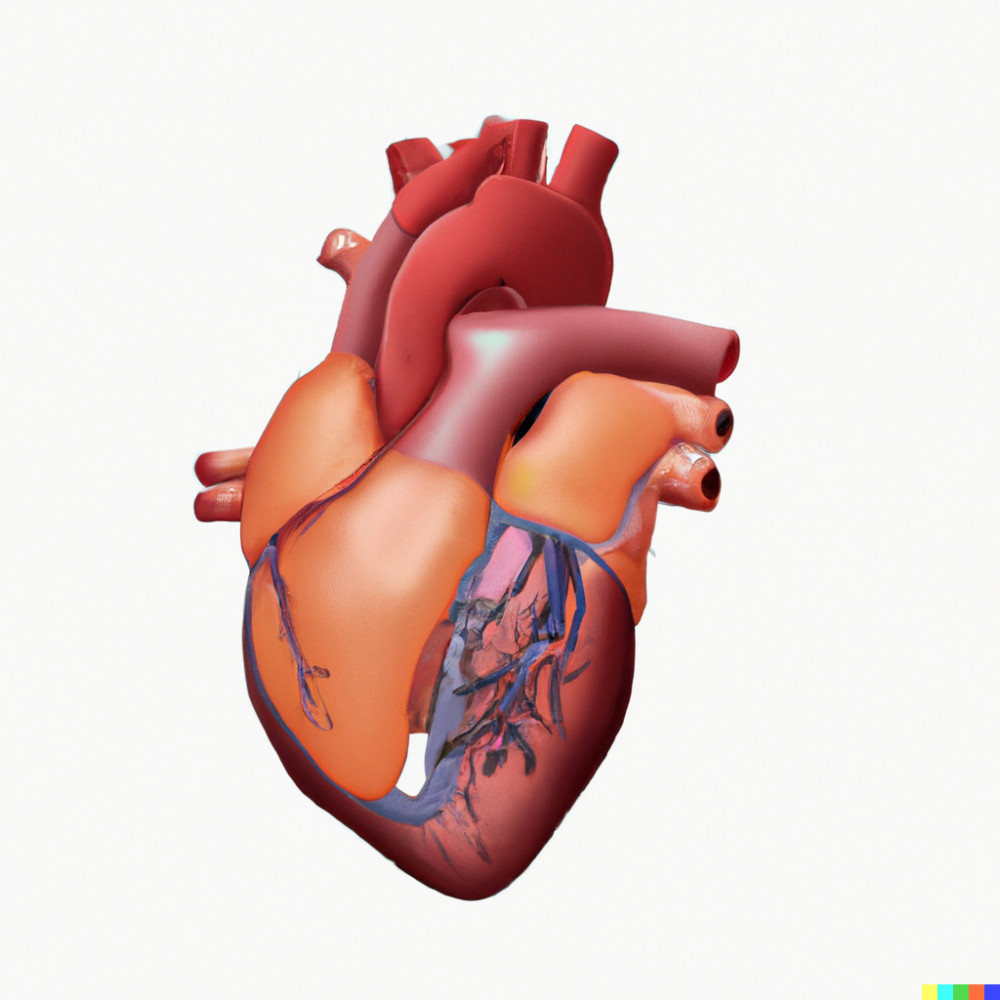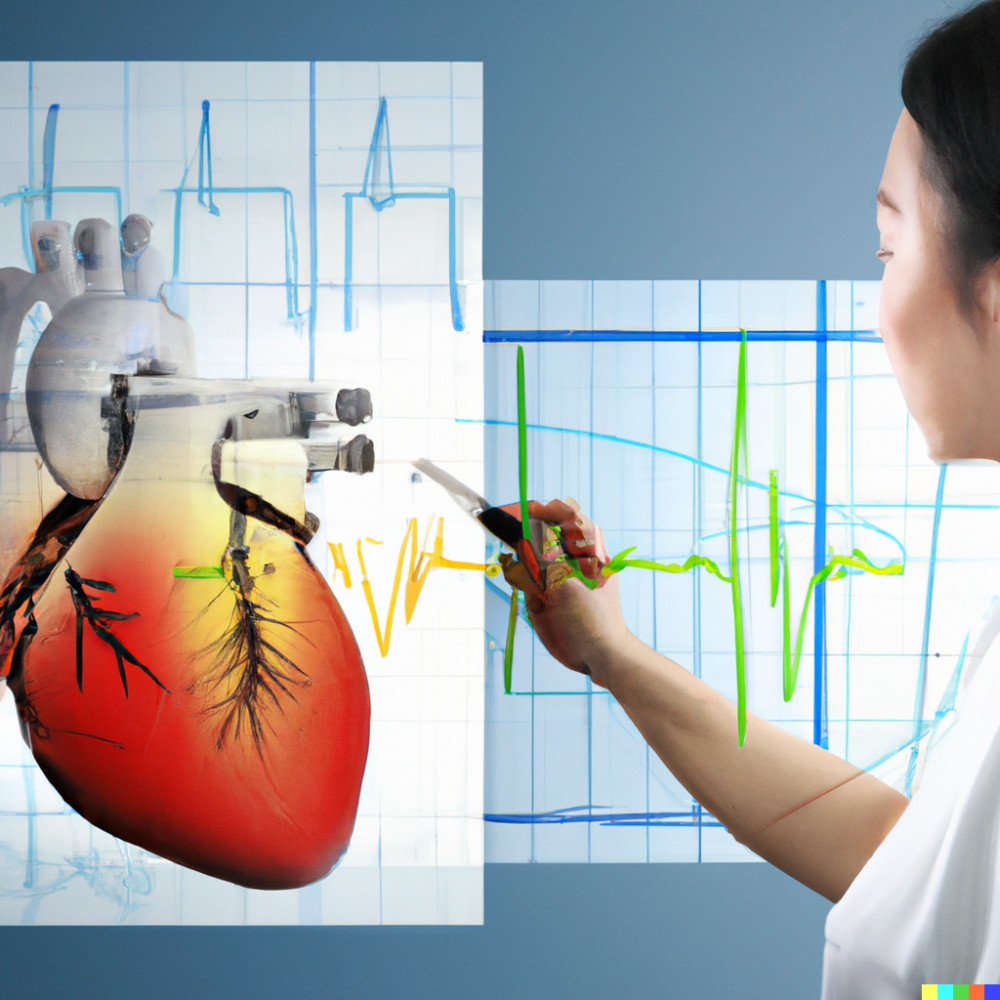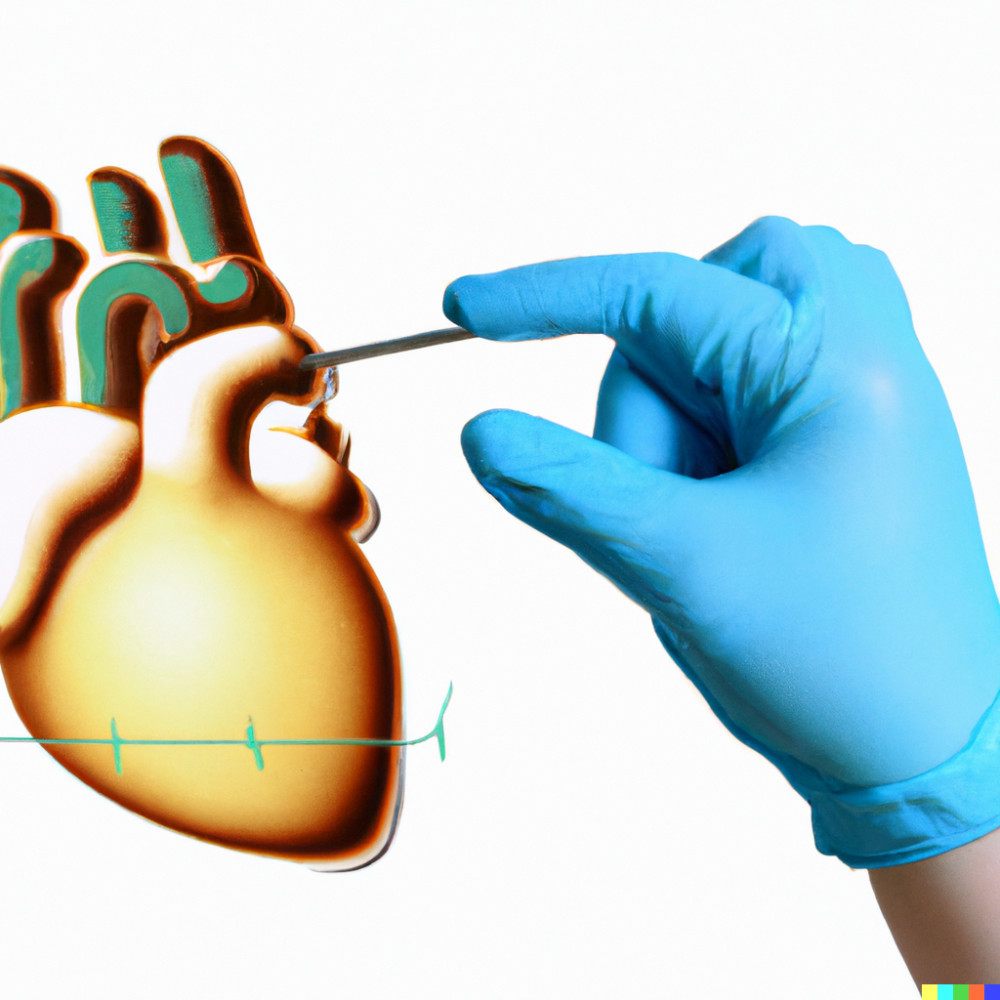“Beauty, Health and Wellness | What Is the Cardiologist’s Role?” examines the general role of the Cardiologist. This involves managing heart-related conditions.
They play a critical role in enhancing the overall cardiovascular well-being. Therefore, we will look at their responsibilities, education and expertise. And, the significance of their contributions to modern healthcare.

Roles and Responsibilities | A Cardiac Overview
The field of cardiology is a specialized branch of medicine. It focuses on diagnoses, treatment, and prevention of conditions related to heart and cardiovascular system.
In other words, cardiologists are highly trained medical doctors who are experts in managing these conditions. Their role is critical in maintaining heart health and managing heart diseases.
The human heart is a marvelous and vital organ. It’s responsible for circulating blood and oxygen throughout the body. However, it is subject to irregularities leading to cardiovascular diseases. Hence, the purpose of a cardiologist.
Overall, they are responsible for enhancing cardiovascular well-being. And, cardiovascular diseases (CVDs) account for the loss of million of lives each year. Actually, it’s the number one cause of death globally.
Furthermore, the interests of cardiologists go beyond diagnosing and treating patients with cardiac issues. In fact, many are involved in research to advance medical knowledge and improve treatment options.
As such, we can understand the dire need for cardiologists. And, as medical science continue to advance, we need their expertise more than ever.
So, we see their role goes beyond their white coats and stethoscopes.
Cardiologist in the Making | Education and Expertise
A cardiologist’s educational journey is a rigorous one. It entails the following:
- First, they have to complete medical school.
- Then they undergo a residency program in internal medicine. And, this usually last three years.
- Afterwards, they undertake a fellowship in cardiology. That’s an additional three years.
- During the fellowship period, they receive specialized training in various aspects of cardiovascular care:
- Diagnostic techniques
- Medical management
- Interventional procedures
- And surgical interventions

Heart Diseases | Preventive Care and Risk Assessment
One primary role of cardiologists is to focus on preventive care. In doing so, they assess individuals with risk factors for cardiovascular diseases. These come in the form of:
- Hypertension
- High cholesterol
- Diabetes
- Obesity
- Family history of heart problems.
The cardiologist then works with the patient to develop personalized strategies. These strategies aim to reduce the likelihood of developing heart-related conditions.
That includes modifying their lifestyle mainly by maintaining a heart-healthy diet. Also, engaging in regular exercise, and managing stress. In addition, they are encouraged to avoid tobacco and excessive alcohol consumption.
Thus, prevention is the cornerstone of cardiology.
Diagnosis and Diagnostic Techniques | Heart Health Issues
Cardiologists are highly trained in using a variety of diagnostic techniques. These assess the health of the cardiovascular system. And, they include:
- Electrocardiogram (ECG/EKG): This test records the heart’s electrical activities to detect irregular rhythms or abnormalities.
- Echocardiography: Here is a technique that uses sound waves to create images. As such, it shows the heart structure and assesses its pumping function.
- Stress Testing: It diagnoses potential blockage and abnormalities by using physical stress to evaluate the heart’s response.
- Cardiac Catheterization: The cardiologist can determine treatment decisions with this invasive procedure. It visualizes the coronary arteries and assesses blood flow.
- MRI and CT Scans: These are advances imaging techniques. They provide detailed images of the heart’s anatomy and function.
Additionally, there is a subspecialty within cardiology called electrophysiology. This branch focuses on diagnosing and treating heart rhythm disorders (arrythmias).
Electrophysiologists use advance techniques to map the heart’s electric pathways. In this way, they are able to identify areas causing irregular rhythms.

Heart Health | Treatment Strategies and Postoperative Care
Treatment Strategies
One pivotal role of cardiologists involve treating various heart conditions using the following:
- Medication: Cardiologists prescribe medications to manage their patients’ conditions. These include hypertension, arrythmias, and heart failure.
- Interventional Procedures: Angioplasty and stent placement are two minimally invasive procedures. Their purpose is to open blocked or narrowed arteries and restore blood flow. They can also alleviate chest pain symptoms.
- Electrophysiology Procedures: These procedures include ablation to destroy the problematic tissues. Also, electrophysiologists are able to implant devices such as pacemakers and defibrillators.
- Heart Surgery: An area of cardiology allows specialists to perform cardiothoracic surgery such as bypass surgery. They also perform valve repair or replacement, and heart transplantation.
In addition, it is important for cardiologists to collaboration with other medical specialists. This ensures comprehensive and integrated care for patients with complex health issues.
Postoperative Care
The cardiologist’s role doesn’t end after surgery. In fact, they continue to be involved in postoperative care to ensure optimal recovery. Here are some of their responsibilities following heart surgery:
- They are involved in monitoring patients’ progress.
- Also, manage medication.
- And, guide the rehabilitation process.
- Furthermore, they collaborate with cardiac rehabilitation specialists.
These efforts help patients regain their strength, improve their cardiovascular health, and prevent future complications.
Chronic Disease Management | Patient Education
Cardiovascular Management
As stated above, cardiologists provide ongoing care and monitoring for patients with chronic cardiovascular diseases. They will need to adjust treatment plans as needed. Additionally, they will track the progression of the disease.
Of course, all this will be done in collaboration with other healthcare professionals. In other words, they remain on their patients journey every step of the way.
Some medical professionals on this journey includes primary care physicians, endocrinologists, pulmonologists, among others. This is an interdisciplinary approach ensuring comprehensive care for patients with complex medical histories.
Patient Education
It’s important for patients to actively participate in their own healthcare journey. As such, cardiologists have the responsibility of educating and empowering them accordingly.
This involves education about their condition, treatment options, and lifestyle modifications. Thus, they will take part in making informed decisions to improve their heart health.

Health and Wellness | The Cardiologist’s Multifaceted Role
Cardiologists play a multifaceted role in a wide range of cardiovascular conditions. For example, they apply a combination of medical knowledge, patient-centered approach, and advanced technology in their practice.
Besides the overall responsibilities that are evident, some are involved in research. And, their efforts contribute to the development of innovative therapies.
There are also cutting-edge technologies in addition to evidence-based guidelines for heart care. Hence, their involvement in the education and empowerment of their patients on an ongoing basis.
Cardiovascular diseases continue to lead as the number one cause of death worldwide. As such, cardiologists are indispensable in shaping the future of healthcare as they remain at the forefront.
Ultimately, their contribution help to reduce the burden of heart diseases. That’s the beauty of the role of the cardiologist in promoting health and wellness.
I hope you found value in “Beauty, Health and Wellness | What Is the Cardiologist’s Role?” Do you or anyone you know have cardiovascular conditions. You can share your journey with us.
Please feel free to leave your questions or comments below. I will be happy to serve you.
Veron
Business Owner | The Way 4Word Enterprises